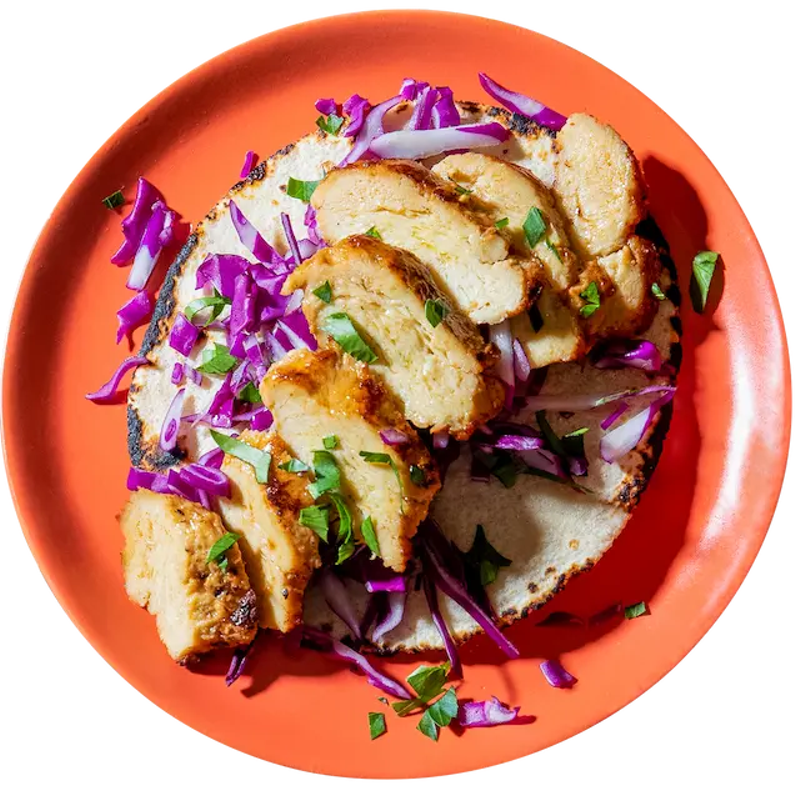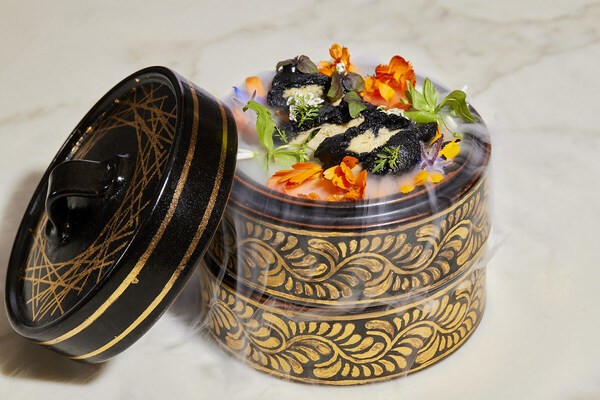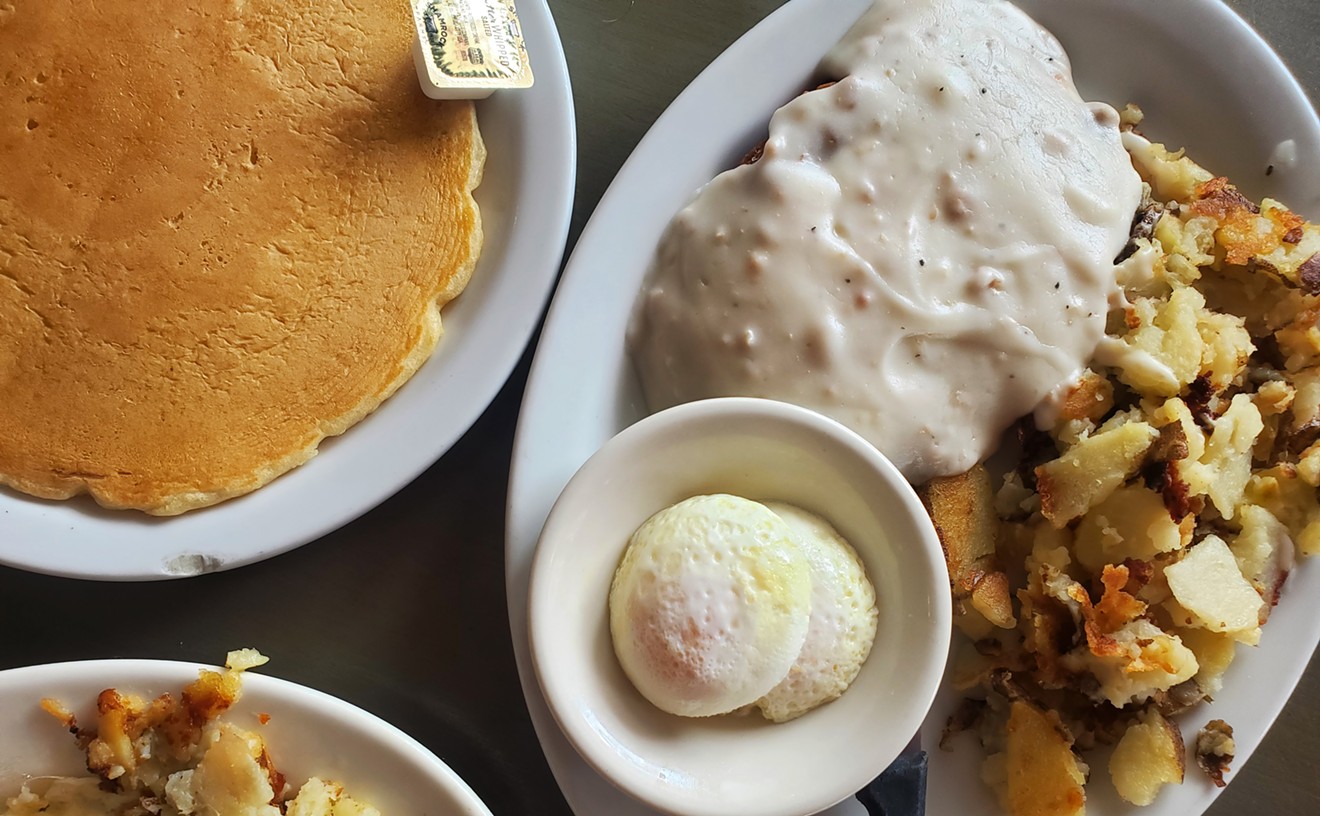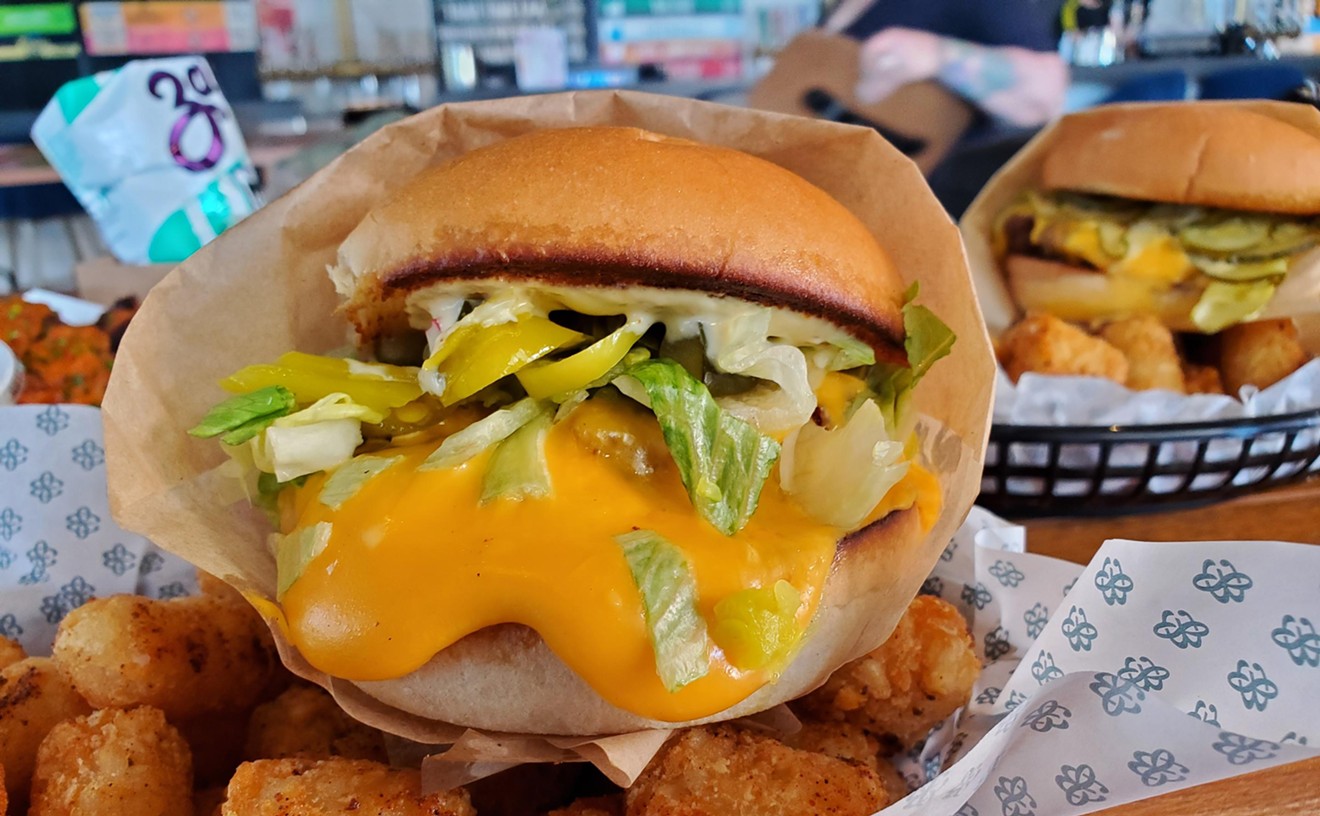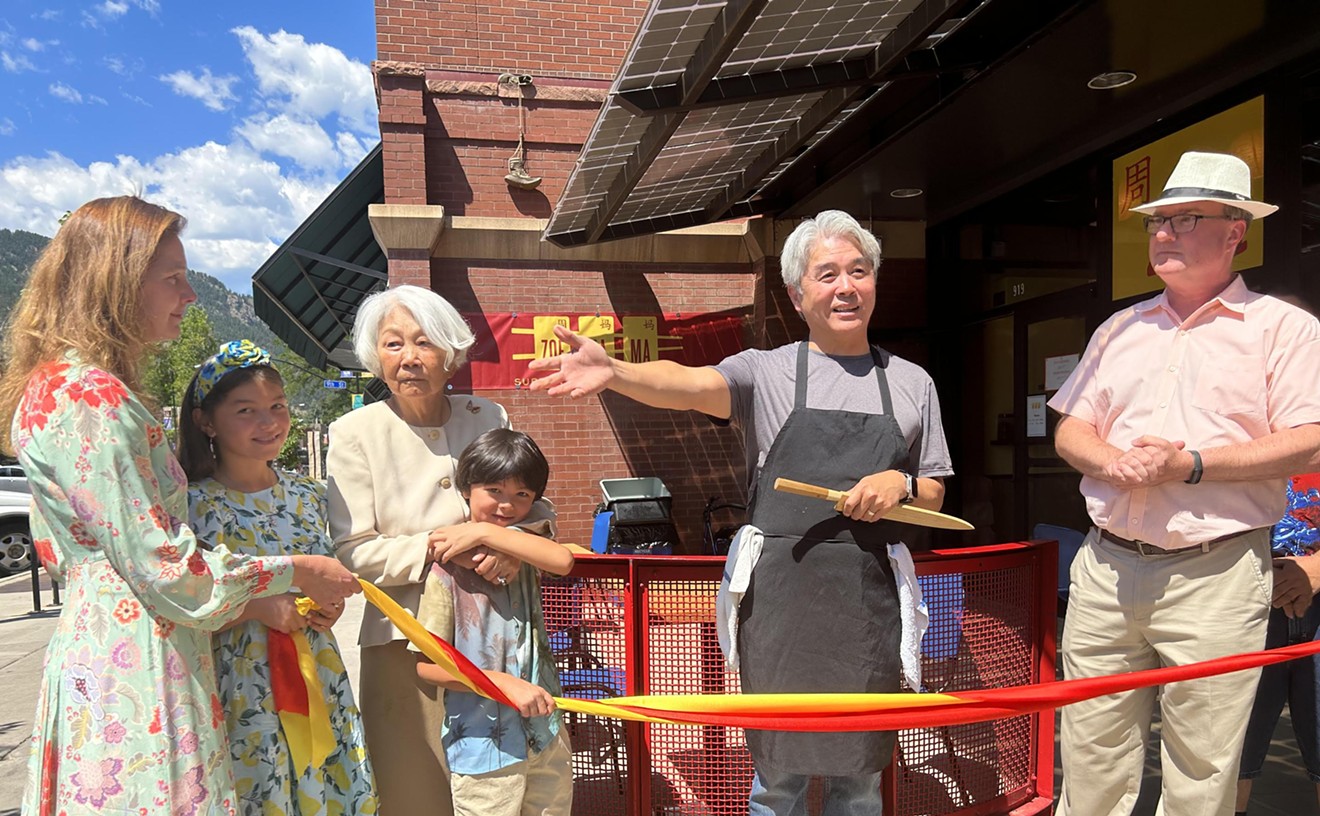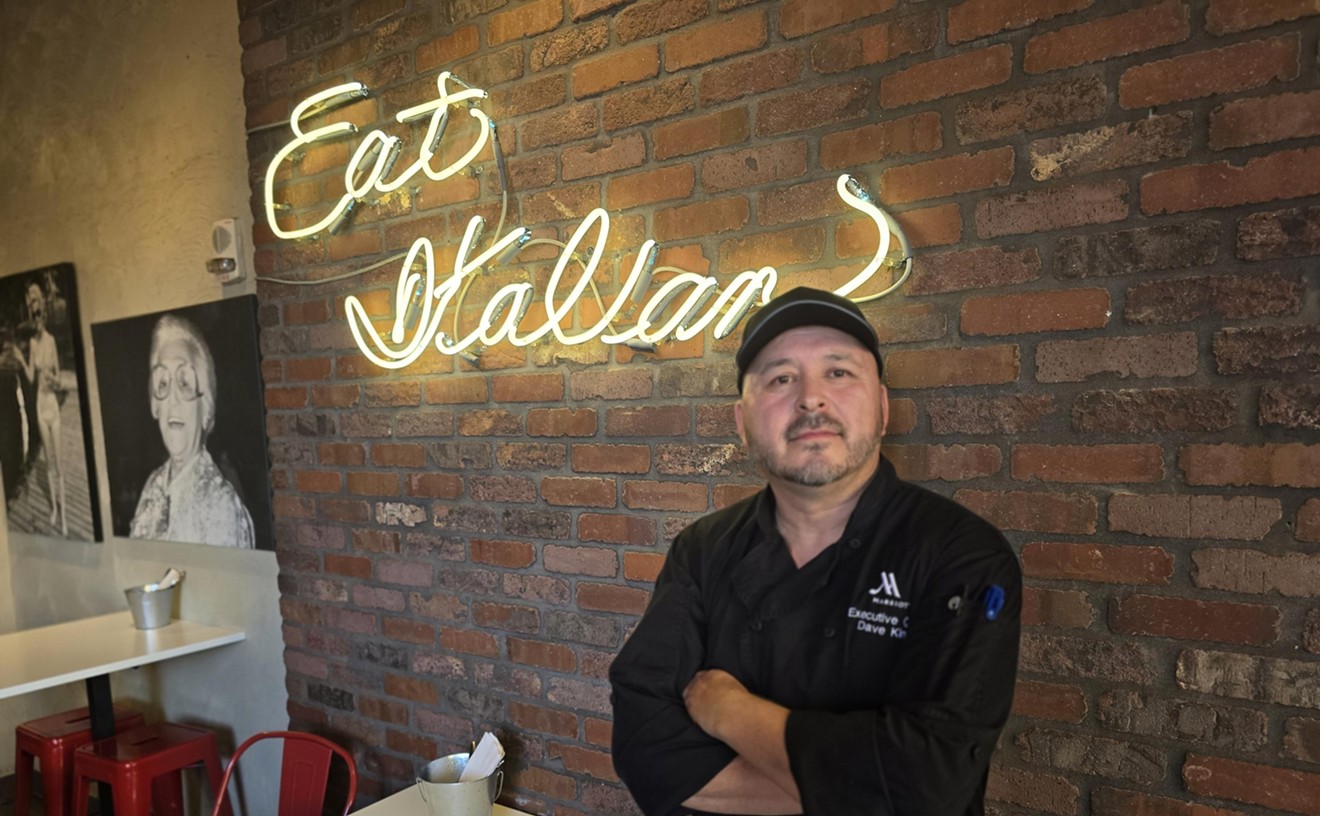In recent years, plant-based meat like the Impossible and Beyond burgers, as well as newcomers like Colorado-based Meati, have become mainstream, with global sales reaching $6.1 billion in 2022. Even Burger King debuted an Impossible Whopper in 2019. Now the pioneering cell-cultivated meat industry hopes to find similar success.
Cultured, or “lab-grown” meat (a term those in the industry tend to discourage because it turns customers off) is manufactured directly from animal cells. The process starts with harvesting a small amount of cells from an animal or fertilized egg. Then, the best of those cells along with nutrients such as amino acids, sugars, carbohydrates, vitamins and more are put into tanks called cultivators, which resemble the brewing equipment used in biopharma or beer production. After growing and multiplying for two to three weeks, they are harvested, shaped and cut into various sizes.
This production process eliminates the need to raise, feed and slaughter farm animals, which has obvious environmental benefits: In the U.S., an estimated 50 to 60 percent of freshwater consumption is for livestock feed; manure and fertilizer runoff contribute to water pollution; and around 40 percent of land is used for livestock production.
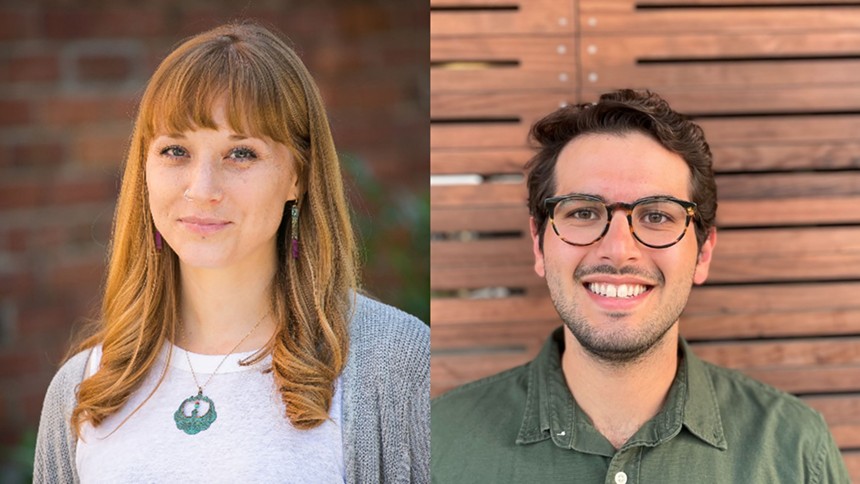
Dr. Jessica Joslin and Daniel Davila are CSU grads who are at the forefront of the cell-cultivated meat industry.
Dr. Jessica Joslin/Daniel Davila
It was during his time at CSU that Davila first learned about cultivated meat at a seminar. “I remember thinking to myself that this was a very sci-fi and far-fetched idea. Little did I know I would be working as a leader in the cultivated-meat space just a few years later,” he says.
Joslin, who got her chemistry Ph.D. in 2014, was drawn to the cultivated-meat industry because it combines her passion for animal welfare, sustainability and analytic chemistry. She is now a principal scientist at UPSIDE Foods, while Davilla is a senior food scientist in product development at the company.
Both Davila and Joslin cite the flexibility and broadness of CSU’s curriculum as significant factors in their career success today. “Cumulative exams and literature seminar milestones ensured that one understood many fields in chemistry across a broad range of applications,” Joslin notes. “Professors were available to answer questions relating to any of these milestones. ... I had numerous opportunities to publish peer-reviewed manuscripts, as well as network at university events and multiple local and national conferences, and attend numerous seminars from visiting professors.”
One of Joslin’s professors, Melissa Reynolds, echoes her thoughts. “In my lab, students develop their own individual program plans that include their progress in their research, their program requirements and professional development," Reynolds notes. "My students are encouraged to seek out opportunities outside their own research area to learn more about various industries, etc."
To celebrate the FDA approval of its products, the Berkeley-based UPSIDE, which was founded in 2015 and has raised $608 million from the likes of the Abu Dhabi Growth Fund (ADG), Baillie Gifford, Bill Gates and Cargill, collaborated with Michelin-starred chef Dominique Crenn for a launch event. It was attended by winners of a social media contest, and the experience included flights and hotel stays for two nights in San Francisco, a meal prepared with UPSIDE’s cultivated chicken, and a tour of the UPSIDE production facility.Crenn, who removed all meat from her restaurant menus back in 2018 because of concerns about the negative environmental impacts of the livestock industry, served the UPSIDE chicken fried in a Japanese-inspired Recado Negro-infused tempura batter and topped with burnt chili aioli.
This is just the beginning for UPSIDE’s chicken. “My team is responsible for the bench prototype development of all the products we make," Davila says. "With our first, premium chicken filet product out into the market, we are focusing on some common further processed meat items like sausages, meatballs, patties and more." Plans to develop beef and seafood are in the works, as well.
Product innovations requires keeping up with regulatory requirements, which is where Joslin’s work comes in. Previously, she led the analytical development team where she, “helped establish a variety of analytical methods to characterize all aspects of the process to enable optimization, including characterizing the cells, the media in which the cells grow, the cultivation process, and the final product,” she explains. This ensures the safety and quality of the final product. She recently moved to the regulatory team, which focuses on new submissions to the FDA and USDA for the approval for the commercialization of the new products that Davila’s team is developing.
Sp, what does cultivated chicken taste like? According to AP, Amy Chen, UPSIDE’s chief operating officer, “The most common response we get is, ‘Oh, it tastes like chicken,’” UPSIDE's chief operating officer Amy Chen said in an AP News story.
Davila backs that up: “We get to try all the new product formulations we are testing on a weekly basis,” he says. “Our UPSIDE chicken is really remarkably close to conventionally-produced chicken, from the texture, to the way it smells, cooks and tastes.”
It might be a while before consumers get easy access to cultivated meat in grocery stores, though. According to UPSIDE's communications lead Brooke Whitney, “[We have] no timeline to share on this front as of right now. We are starting with restaurants and will eventually move to retail.”
So as Davila and Joslin and the entire UPSIDE team continue to work toward that reality, a cultivated-meat Whopper could be on the menu in the not-so-distant future.

